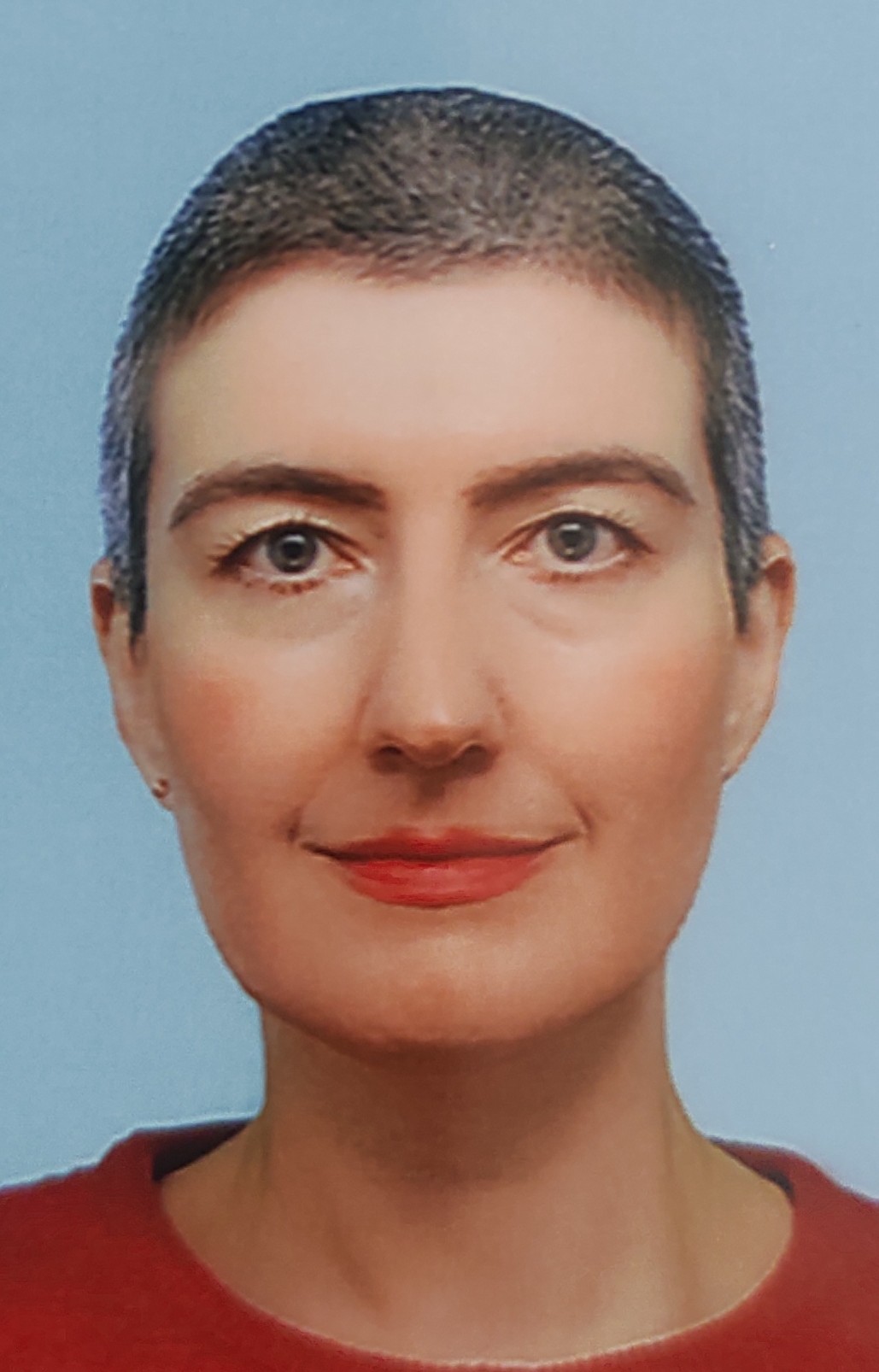Prompted by a session at PanSIG 2023, this presentation will explore the importance of examining our academic and career paths. Looking at our CVs may be something we only do when we seek new employment; however, reflecting deeply on them may help us to recall the goals, values, and influences of those past periods of our lives. Those past events could shape our current practices in EFL education. After 15 years of teaching, using prompts to guide the examination of my academic and career path, I examined the influences of my academic past, former mentors, profound work experiences, and activities outside of work as a method to aid in enriching my practice. Using Desjarlais and Smith’s (2011) Reflection Methodology Steps to process my academic and career path, I recognized the benefits of having dialogue with my past self and my current self. As a result, I can truly appreciate the progress I have made professionally and academically. Though we may seek new learning experiences or jobs to bring excitement into our teaching, a deeper examination of the past and recalling what was important at that time can be a new way to develop our practice. It is the aim of this presentation to share how to do so as a relevant and practical way to recalibrate our values and increase motivation about our practice.
Compile CVs and order chronologically. / Review your professional networking site such as LinkedIn. Ask yourself:
- What were my interests, goals, values?
- Who influenced me? Why?
- How would that “past” me view “current” me? Would they be happy, sad, proud, disappointed, etc? Why?
- How can “current” me be influenced by “past” me? What would positively influence my practice?
References
Desjarlais, M. & Smith, P. (2011, p. 12). A comparative analysis of reflection and self-assessment. International Journal of Process Education, 3(1), 3-18. Retrieved from https://www.ijpe.online/2011/reflection.pdf
Keywords: academic paths, career paths, reflection

Devon Arthurson has been working in Japan in the field of EFL since 2008. As of April 2023, she teaches at Hakuoh University in Tochigi. Previously, she taught at Rikkyo University in Tokyo and high schools in Osaka. She earned her Master of Arts in Integrated Studies in 2017 from the University of Athabasca and her Bachelor of Social Work from the University of Manitoba in 2008. Her current teaching and research interests include fostering learner autonomy, teacher reflections, and inter-cultural elements in the learning environment. Her volunteer activities include poverty alleviation and awareness-raising about human trafficking.
Hi Devon and All,
This is an intriguing topic for me.
I feel that I have always learnt from my environment and those in it, and try to better my skills.
But when I found myself in h known territory such as in a new school or prescribed syllabi, I often reflected back on my schooling. It was sociology and psychology which enabled me to see the other sides of Western sociocultural and Japanese learning culture. And these reflections, no matter how small they seemed, actually enabled me to empower myself and students.
The key was / is to never think learning just starts and ends whether it be our past academic one or current professional one.
Thank you for your comment. Understanding how culture shapes systems is really important to develop our interactions in the classroom.
Hello Devon and everyone!
Looking back at my career journey as a teacher made me realize that although I took some different paths, eventually I always came back to a this particular teaching role in a particular type of institution.
I thought it was important to try different things, challenge myself to gain new knowledge and experience. But then, at a certain point, I saw myself keep returning to this role where I feel I can always perform my best.
I am going to start a new job next year and it is like my past self saying “See! I told you! This is what you are!”. So, for the time being, I feel I have rediscovered myself and what I should focus on to stay on track.
Thank you for sharing. I look forward to hearing more from you.
Thanks, Devon!
I was wondering about the second question for the guided reflection, especially in light of the comment about isolation and the necessity of community for reflective practice.
My mind went immediately to influences beyond people, but perhaps it is valuable to limit the focus to people so that we pay special attention to the potential for reflective practice communities. At the same time, I felt negatively influenced by the job search process when I was at the end of a term-limited contract (something I consciously worked to avoid facing after that experience). The job search went fine, but I didn’t like who/how I was becoming when trying to sell myself as an attractive employee. It wasn’t any identifiable person’s fault, not even my own (and it’s not that I did anything bad), but I was being affected and shaped in ways I could notice even at the time. That’s an example I interpreted as negative, but my mind also goes to positively valenced influences beyond people.
So, I was thinking about asking how you arrived at the second question as a “who” question, but I didn’t want to derail the reflective discussion too much. It’s just a small curiosity. But now, in these comments, I’m giving myself free rein!
Thanks again!
Nick, thank you for this question as well as sharing your experience. Simply put it seemed someone always had an affect, either directly or indirectly, on my choices in my education choices and jobs, so that is why I included people. Do you have another influence you would use in your own exploration?